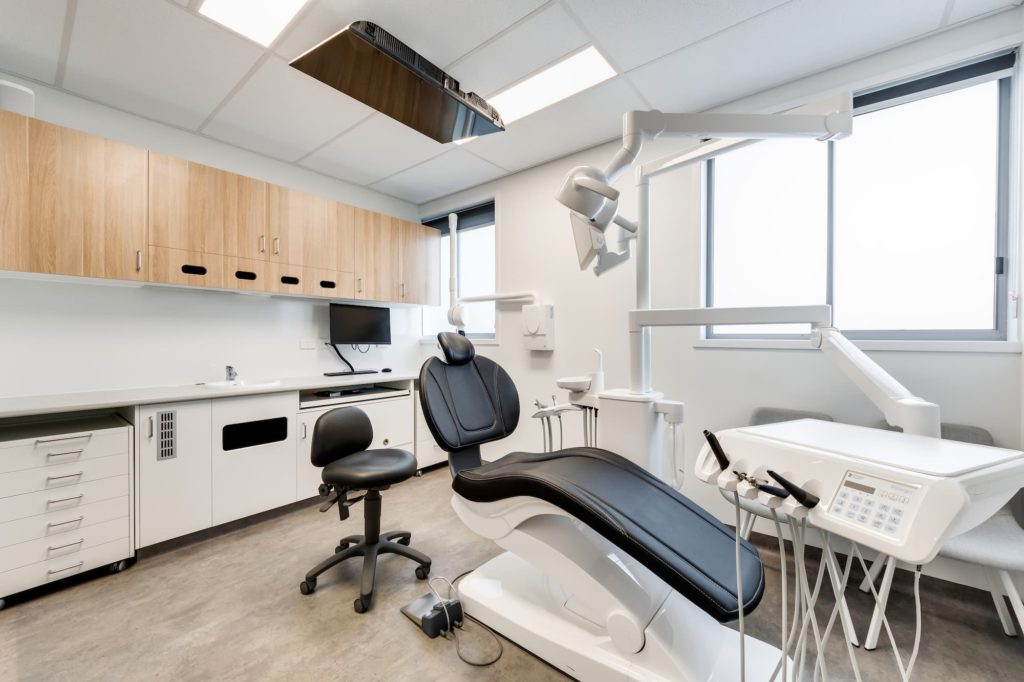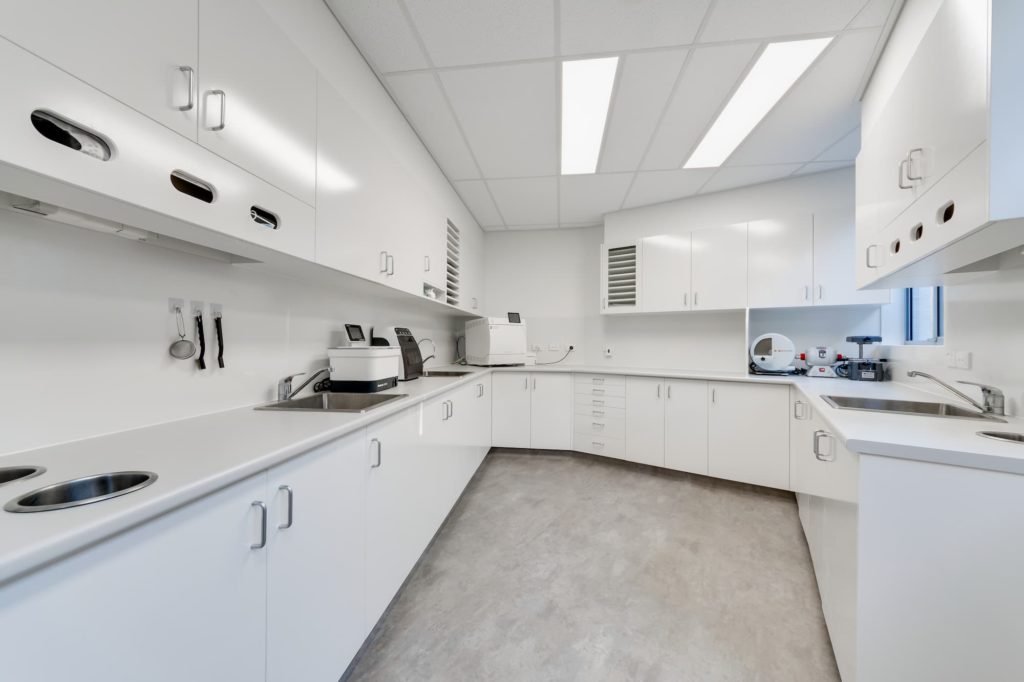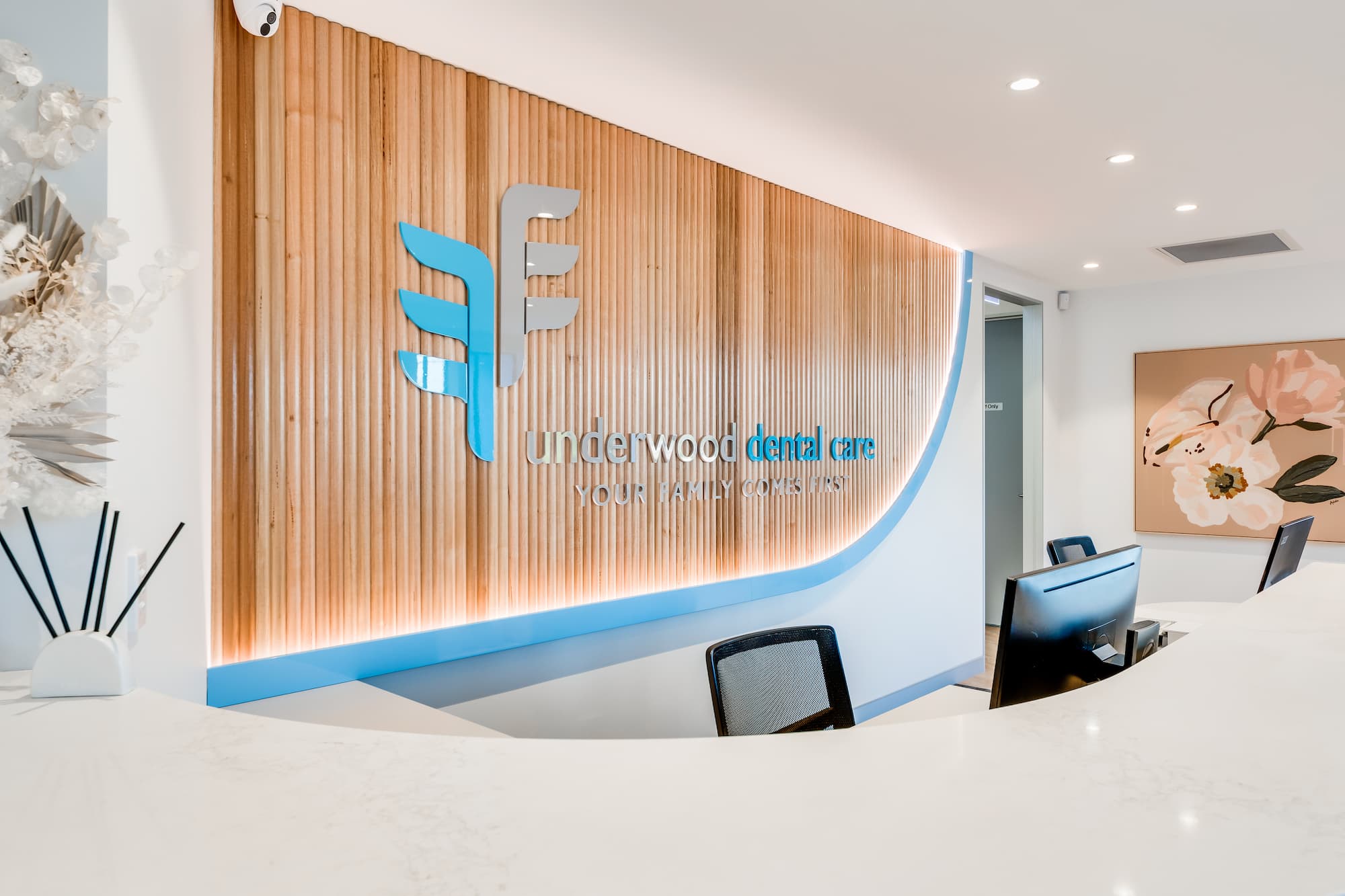As we age, we can become more prone to losing our teeth. As we lose sensitivity, we’re less able to feel pain from tooth decay or gum disease, and often it’s too late to save a decaying tooth in an elderly patient. As a result, lost teeth can cause issues such as difficulty talking, eating and loss of confidence.
Dentures are prosthetic apparatuses supported by the gums and bones of the jaw. They provide an enormous benefit to a patient as they restore eating and speaking ability, improve appearance and enable one to lead a normal life.
What are the Different Types of Dentures?
Full Dentures
As the name suggests, full mouth dentures or complete dentures replace an entire row of upper or lower teeth. Your set of dentures are constructed prior to the removal of teeth to ensure you’re never without teeth for any period of time. Full dentures are held in the mouth by suction to the gum, which is achieved through a customised fit, and they can be easily removed for convenient cleaning.
While it may be daunting and can take a little getting used to, dentures help to fill the gap in your life allowing you to return to your normal activities with confidence.
Overdentures
Used when most or all teeth require replacement, overdentures are held in place by existing teeth or implants. They are a durable and secure option that won’t move whilst eating and talking, as your existing teeth or implants keep them in position. While secure during normal activities, overdentures are still fully removable, allowing for easy cleaning.
Partial Dentures
When there’s only a requirement to replace a few teeth and the rest of the mouth is healthy, partial dentures can provide a cost-effective and less invasive teeth replacement option. Partial dentures restore the form and function of your jaw by replacing one or several missing teeth.
Partial dentures also help to keep your real teeth from moving out of their original positions as they will correct any empty gaps and prevent the natural migration that occurs when teeth are missing.
A new product called Valplast are flexible partial dentures that are starting to gain popularity due to their comfort and durability. Valplast are made of a combination of resin and nylon, creating a highly flexible partial denture that is also fast to produce.
Bridges
Unlike traditional dentures, bridges or fixed dentures are a permanent tooth replacement option. Bridges are designed to replace missing teeth (up to three teeth in a row) by having adjacent teeth or implants act as a support mechanism. Due to the nature of adhesion for bridges or fixed dentures, they require fitting and removal by a qualified dentist.
As bridges are a permanent solution, it’s still important to brush and floss as normal in order to maintain your oral health.
What are Dentures Made From?
Dentures are primarily made from acrylic, due to ease of manipulation and similar appearance to natural teeth and gums. Less commonly, they can also be made of porcelain or ceramics. Metal can be used to reinforce the base to add durability, strength and stability helping to ensure the longevity of the dentures.
As the various types of teeth replacement options are made of different materials, it’s important to follow the care instructions provided by your dentist to ensure the longevity of your dentures.
How Are Dentures Made?
During the construction of the dentures, the patient will need to be seen about once a week for four or five weeks. At each visit, a different process is performed to make sure the denture fits perfectly and does not impair speaking or eating.
This process involves:
- Taking impressions of your mouth
- The creation of bite moulds to ensure your biting action is comfortable
- The creation of wax models that will display to you how your new smile will look and work
- The fitting of your completed dentures!
You can also choose the colour, shape and size of your new teeth during these appointments to create your ideal smile.
Are There Alternatives to Dentures?
Dental Implants
Dental implants are surgically implanted metal fixtures that are fused to the jawbone. They act as an anchor to replace a single tooth. Implants are not removable and can last a lifetime if properly cared for.
Although implants are an expensive option, they simulate the strength of natural teeth better than any synthetic option, and living with them is easier than removable dentures. To qualify for implants, you’ll need healthy gums and plenty of supportive bone.
Rest assured, whatever denture option you receive, the primary goal will be to have them looking and feeling as natural as possible while ensuring the jaw and facial functions are maintained or restored.
If you have questions about dentures, call us today on 07 3341 9771 at Underwood Dental Care to book your appointment so we can assess the appropriate tooth replacement option for you.












